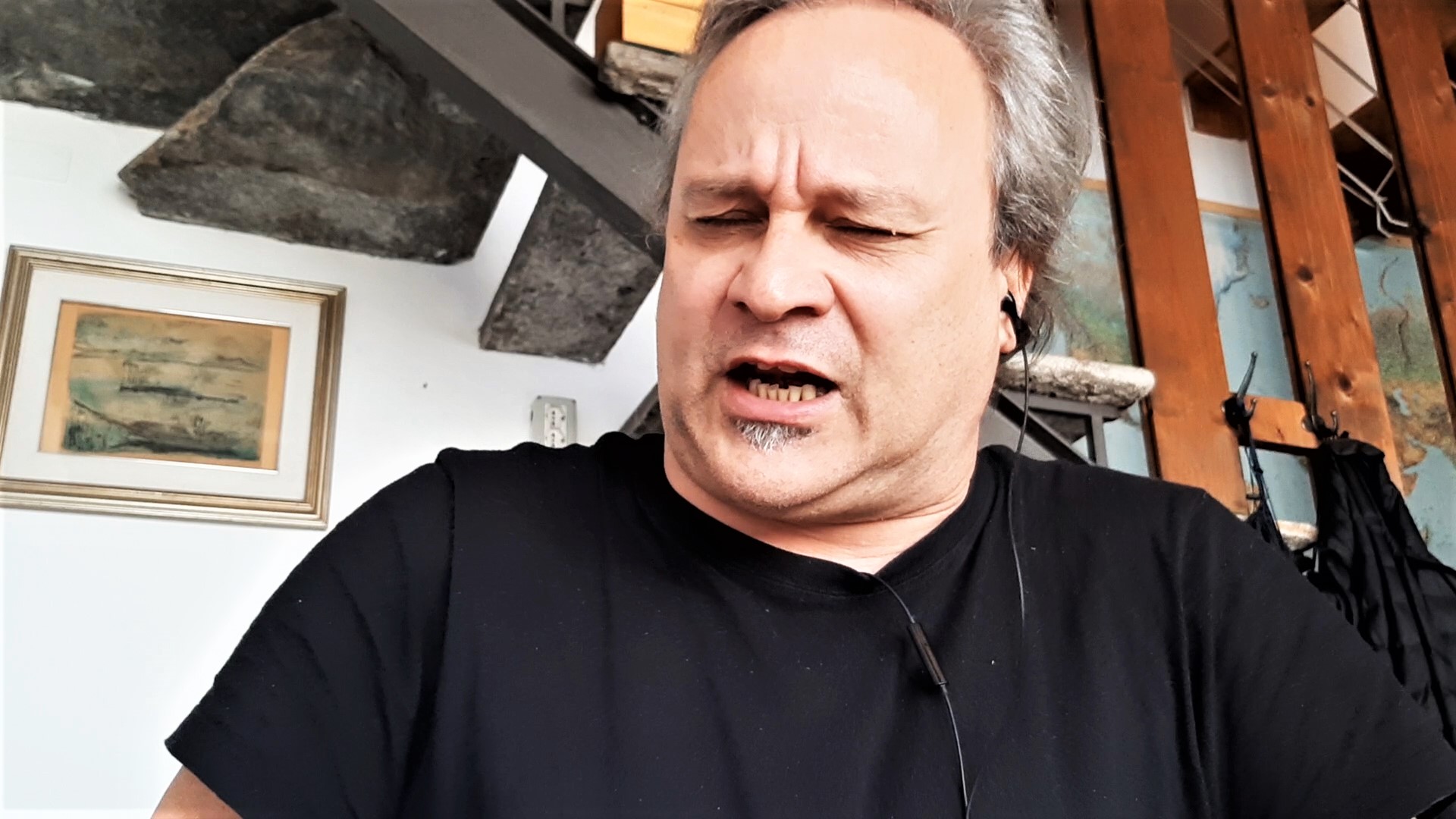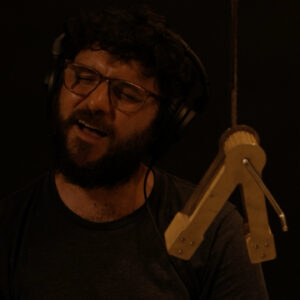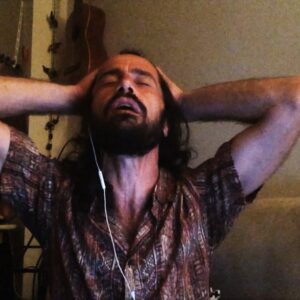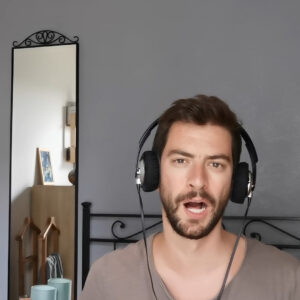Francesco Vittorio Grigolo
Voice
Francesco Vittorio Grigolo
italy

Francesco Vittorio Grigolo is a musician and conductor.
With a degree in trumpet at Milan Conservatory and a degree in italian baroque music at Accademia Chigiana in Siena. He completed his studies at the Schola Cantorum Basilensis.
He won several prizes for his musical performances and he’s played with several orchestras and international lyrical institutions.
He studied musical direction with Marco Dusi and from 1996 he focused on choral and instrumental direction.
He performed in Europe and America, where he held several courses and seminars.
He recorded different repertoirs: ancient, classic and contemporary, and even symphonic, choral and operatic.
In 2011 he set up a program for the documentation on the Intangible Culture and the Immaterial Heritage in the region of Peja/Pec in Kosovo, on behalf of the national institute of Conservation and Restoration.
He is the author of several publications of music researches in the historical and interpretative sphere.
He teaches at Civica Scuola di Musica Claudio Abbado in Milano.
Since 2010 he is the artistic director of the programme Fronteras musicales Abiertas promoted by IILA (International Organisation Italian Latin-American) of Rome and by the Italian Agency for Development Cooperation DGCS – MAECI, which works in Cuba, Messico, Paraguay and Argentina.
Since 2012 he collaborates with Porfessor Pasquale Persico on music experimentation.
In 2015 he directed the concert for the World Food Day at the auditorium of EXPO.
In 2017 he directed the choral work of Yuval Avital “Ed è subito sera” at Cimitero monumentale in Milan.
In 2019 he’s been invited as guest maestro at the 33° International Festival of Cori Santiago de Cuba and as operatic director at Festival Habana Clásica and for the Italian Cultural Week in Havana.

<< Beware of excessive inactivity
“Once upon a time there were men so dedicated to singing that they neglected all basic needs. From this lineage of men the cicadas originated, which lived and died singing ”. Plato (Phaedrus)
and that’s not your case …>>





